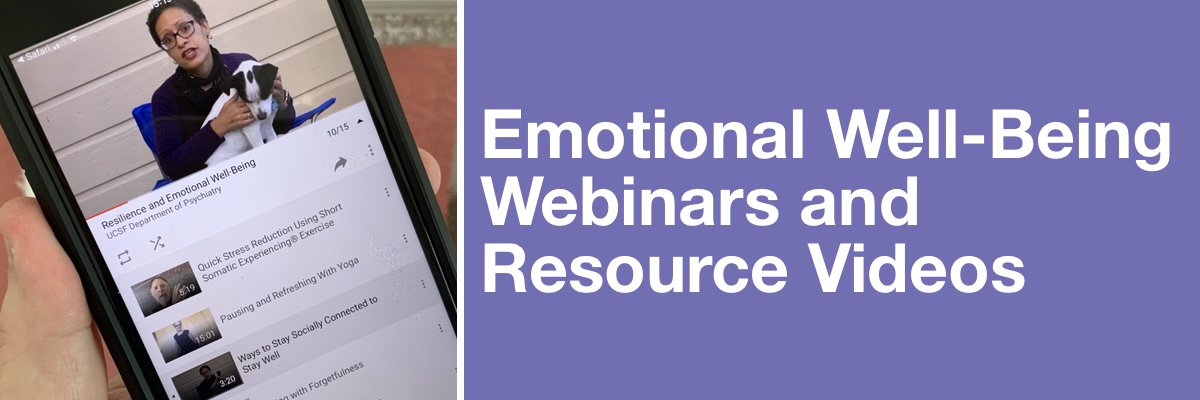As health care workers and their families face ongoing challenges during these difficult times, compassionate leadership becomes ever more important. Leaders can take simple yet powerful actions during this time to change and create more caring work cultures.
It may feel like strange and uncharted territory to lead discussions on well-being, but we have found that workers across the organization are hungry for discussion and learning skills together. Moreover, they are ready to engage in such efforts to support one another. As leaders, you have extra burden on you, and we want you to both share these resources and use them to bolster yourselves as well.
The Cope Program has developed a concise tip sheet for managers during COVID-19, as well as a guide to managing the re-entry process for workers returning on-site. These tips are explained with further detail and ideas in the video “Fostering Resilience During COVID-19 for Your Staff: Pearls for Managers and Leaders” by Christina Mangurian, MD, MAS.
Whatever your efforts will be, we encourage you to be bold and brave as you try out some new leadership skills to support your workers. Here are some essential and foundational messages to consider and share with staff:
- This “new normal” remains very challenging and no one has got this all figured out. Our stress remains higher than many of us have ever experienced in our lives. Leaders are learning with their workers and can leverage that vulnerability to create spaces to support one another.
- Many of the ways that we used to cope with stress have disappeared. Casual chatting with co-workers, hanging out with friends, visiting family, going to restaurants, looking forward to travel, a hard workout at the gym, weddings, birthdays, graduations, and even funeral gatherings were essential ways we dealt with whatever life threw at us. These wonderful things were almost automatic. Therefore, we must now be very deliberate to bring needed support into our shared and often virtual work spaces.
- Feelings of anxiety, worry, low mood, irritability, and more are much more common than before. We don’t know what extreme stress is lurking beneath a worker's cool facade. We need to continually offer ourselves and others understanding and compassion.
- We know that resources have decreased, work volume and intensity has often increased. Leaders feel that they are in a bind — “How can I tell my workers to care for themselves when I know I am also asking them to do more?” We recommend that you are honest and also give the same message: Prioritizing self-care is absolutely essential, paramount really. We must all put on our own oxygen mask first.
Well-being skills and discussions can be incorporated into standing meetings using resources from our video skills library. You can follow up the viewing a video or group practice of a skill with simple discussion questions: What did you like about that skill? What did you learn? How might this be incorporated into your week?
We have a long journey of uncertainty still ahead, and we strongly encourage you to use these resources.







